Nigeria’s external reserves dropped to $40.912 billion as of 7th January 2025. This is a slight decrease from $40.920 billion recorded on 6th January 2025.
This is according to the Central Bank of Nigeria’s external reserves movement data obtained by Prime Business Africa correspondent.
Join our WhatsApp ChannelAnalysis of the external reserves movement data showed that it first hit $40 billion mark on 6th November 2024 which was the first time in nearly three years. Since then, it has been on a steady increase, recording $920 million surge on 6th January 2025 before the latest drop of $0.008 million.
Analysts attribute the surge of Nigeria’s external reserves in recent times to the Eurobond auction.
Prime Business Africa recalls that Nigeria raised $2.2 billion through its Eurobond auction in December 2024.
Nigeria’s external reserves increase reflects the effectiveness of the country’s strategic initiatives in stabilising its foreign exchange position in the face of growing domestic and external difficulties.
READ ALSO: Top 15 African Countries With The Highest External Reserves
Speaking at an event in November to mark his first year in office, CBN Governor, Dr Olayemi Cardoso, said improvements in the FX market and a stabilisation of foreign reserves, among others, indicate that the reforms of the Bola Tinubu’s administration had started to yield positive results.
The CBN has adopted aggressive measures to tackle inflation and strengthen the economy. These include raising the Monetary Policy Rate by 850 basis points to 27.25 per cent and increasing the Cash Reserve Ratio for commercial banks to 50 per cent.
One of the measures introduced last month to address foreign exchange volatility is the launch of the Electronic Foreign Exchange Matching System (EFEMS). The EFEM which was introduced on 3 December 2024, with the aim of addressing speculation and enhancing transparency in Nigeria’s foreign exchange market, has made the naira to appreciate by N115 to a dollar in the last one month.
Victor Ezeja is a passionate journalist with seven years of experience writing on economy, politics and energy. He holds a Master's degree in Mass Communication.


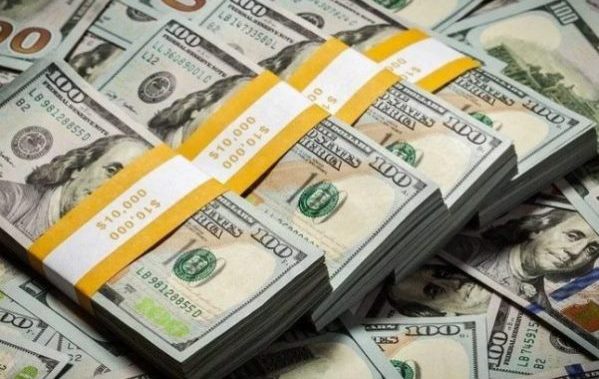

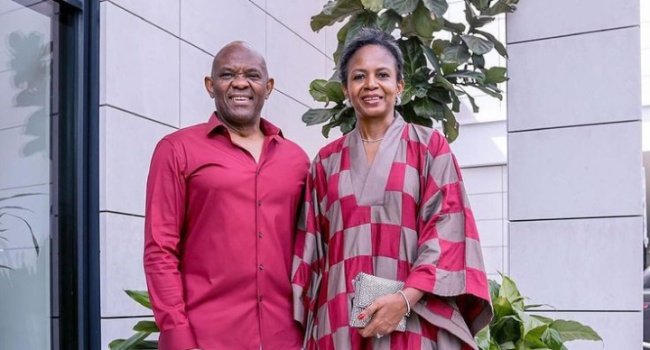
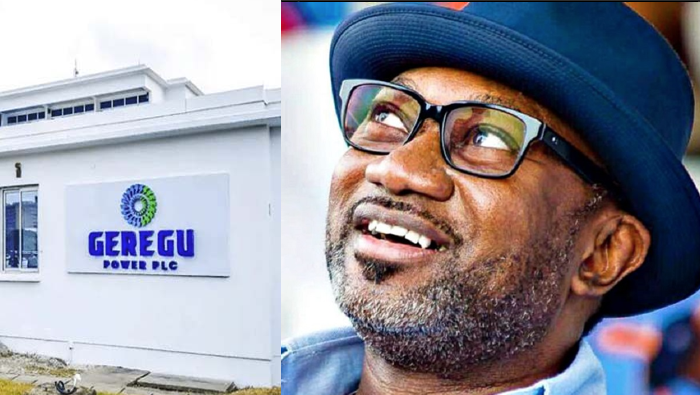


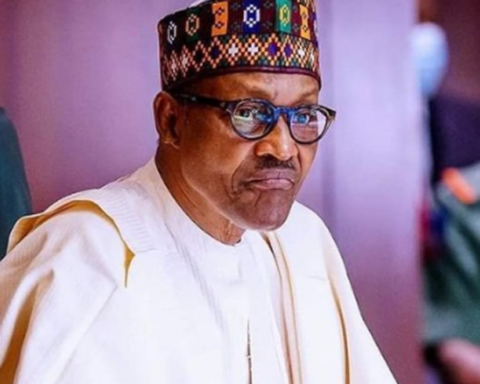








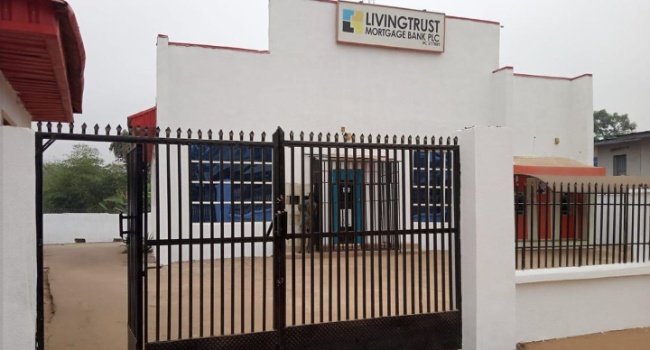

Follow Us